Software change must be timed and well-planned
Source: Äri-IT Autumn 2023
One of BCS Itera‘s first customers was ice cream producer and frozen food retailer Premia Tallinna Külmhoone AS,
… which has been using Microsoft solutions since 2001. For a large company, the challenge for Premia is the very large volume of data, because they employ an unusually large number of people, nearly 30 employees, for business analysis alone.
“Premia uses several business analytics tools, we have also prepared a data warehouse and taken a number of data metrics into use. In the latest economic software version change, for example, we transferred the entire analysis to a multidimensional data model,” says Kalvi Tering, who has been Premia’s IT manager since 2000 and manages the company Softsystems OÜ, which provides the main user service of the economic software on a daily basis.
According to him, the main directions in Premia’s business analytics have been the cost sharing solution in financial reporting, the automatic calculation of costs for sales volumes (transport, fuel costs, warehouse workers’ salaries, etc.) and the automatic transfer of reports to the parent company, the international Food Union group. The group’s head office is located in Riga and every morning the necessary sales and logistics data from three countries are sent to them. While top executives use this data to get a big picture, middle managers can go into great detail with customer and product data.
A year ago, Premia underwent an economic software version change, which was essentially equivalent to implementing new software, as a full 13 years had been missed. The step was long, the project lasted a year and a half, and instead of the previous NAV program, the most modern ERP program Dynamics 365 Business Central is now used.
Lesson learned: time
Premia Tallinna Külmhoone has 90 Dynamics 365 Business Central users, some with greater rights, others with lesser rights: about 50 people have full rights and 40 have limited access rights. According to Tering, the implementation of the program was difficult for both IT companies and users, and he considers time planning to be one weak point. “The first month was very difficult, it was May of last year. It was bad that the transition fell on the summer, the peak season for ice cream sales. This was not planned by us in the beginning, but the launch was postponed. In hindsight, we could have postponed it to autumn.”
So many software developments had been made over the past 15 years that it was difficult to find them in the system. Thus, it turned out that several things did not immediately reach the new system and, on the other hand, for example, a completely new solution was made in production, which was initially unfamiliar to the employees. “We had adapted that previous program for ourselves over the years, which made the software change process complicated,” says Tering. “In summary, we can say that now we are wiser and next time in the same situation, for example, we will pay more attention to the time aspect. We hope that the next version changes will happen faster and unnoticed by the users. We already have new experience with the Business Central version change and it was painless. If initially we planned to do the version change once a year, then the first time went so smoothly that maybe we will start doing it twice a year, as planned.”
In addition to Estonia, Premia has subsidiaries in Latvia and Lithuania, and the implementation of the new software is currently underway in Lithuania. “A regular ERP solution does not give us the necessary analytics and reports quickly and conveniently enough. Therefore, we have used the data warehouse solution offered by BCS Itera and the external business analytics solution BI4Dynamics for years. Once the subsidiaries have been transferred to the new software, we also want to test the interactive data visualization of Microsoft Power BI. This could happen at the earliest in a couple of years,” adds Tering.
In Lithuania, the plan is to start using Dynamics 365 Business Central from February 1, 2024. This is about a year-long project. No time plan has been set for the Latvian subsidiary yet.
The fewer interfaces, the easier it is for employees
At Premia, the approach for decades has been that as many solutions as possible should be available in the central software and there should be as few interfaces as possible. The central software must be so capable that it covers production, purchase, sales, finance and accounting, payroll and personnel, and warehouse management. As Premia’s IT manager says: “The software must know where a certain product is located in the warehouse – this makes it easy for new people to get started. You can say that there is always a risk that if something happens to the software, it will happen to all the data at once, but fortunately we have not experienced this in 20 years.”
One thing that the new software does not cover is marketing. Marketing people do use analytics, but advertising campaigns are not managed with economic software. In addition, some payroll integrations have been made for the company, and about 80% of sales volume goes through Telema EDI e-document exchange. Previously, salespeople made orders offline, but now the salespeople’s mobile application on the Dynamics 365 Business Central platform is directly connected to the database, so the stock level, prices and customer debts are immediately visible in the app and orders are placed in real time. In production, there is also an external printing solution that is connected to the ERP and prints labels for finished products.
In cooperation with BCS Itera, Premia has implemented a comprehensive economic software solution Dynamics 365 Business Central, which covers the company’s entire supply chain. In addition, payroll and personnel management HRM4Baltics and a business analytics solution with a data warehouse were set up.

